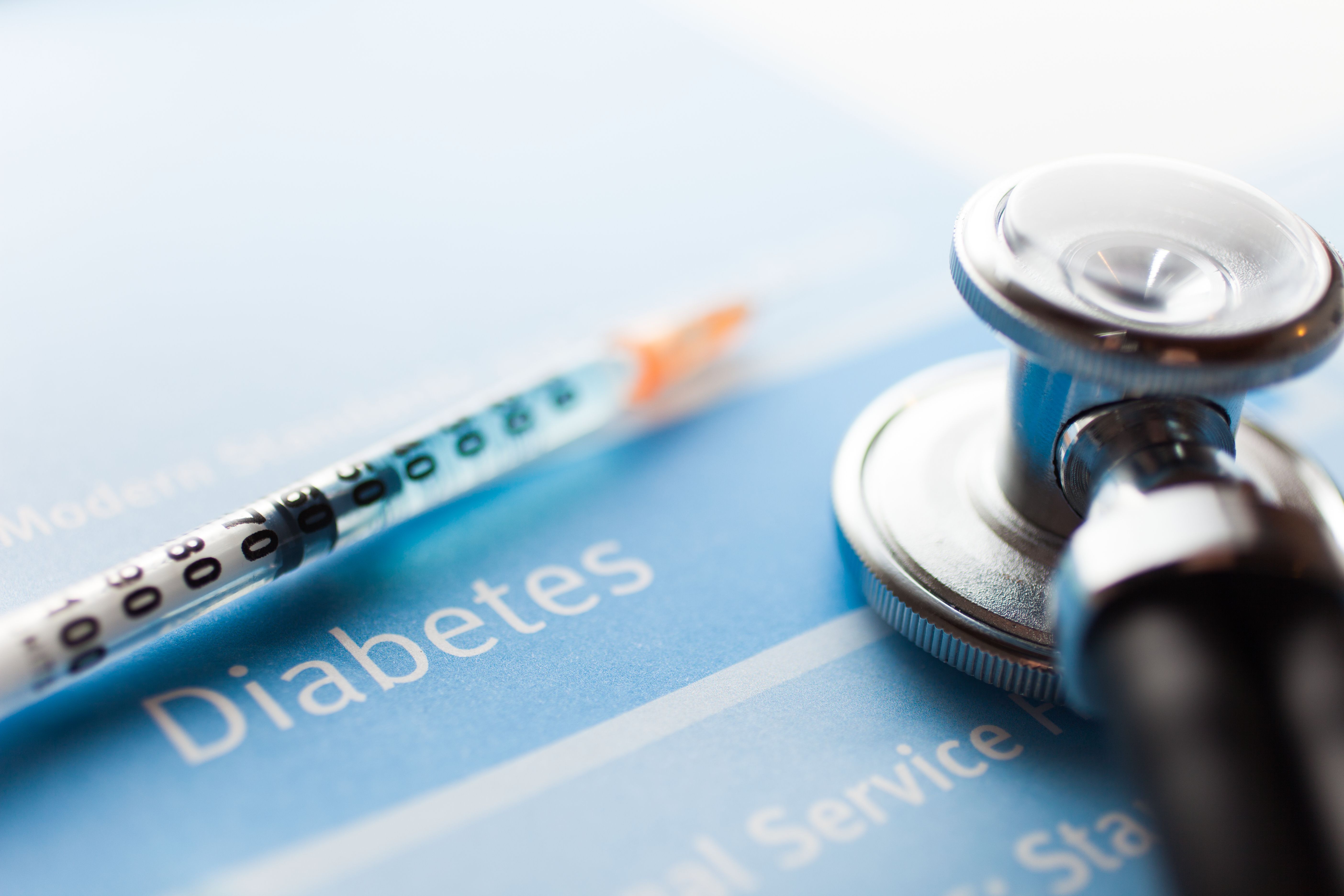Gargling With Mouthwash Can Improve Oral Environment, Reduce HbA1c in Adults with Type 2 Diabetes
Mouthwash that contains chlorhexidine gluconate was especially effective at improving hyperglycemic status in younger patients with diabetes.
Gargling with mouthwash can improve glycemic control in patients with type 2 diabetes (T2D), according to findings from a recent study published in Scientific Reports. Diabetes can increase the risk of severe periodontitis—a chronic inflammatory infectious disease that can lead to tooth loss in adults—and periodontitis can worsen hyperglycemia and glycemic control, which makes it important to find accessible treatments for the oral disease.
Minerva Studio - stock.adobe.com

“Of the various self-care products available, mouthwash is one of the easiest to use for those who want to improve their oral hygiene,” wrote authors in the article.
T2D is a metabolic disease caused by insulin resistance or poor insulin secretion; patients with T2D tend to experience chronic hyperglycemia, which can lead to other complications. A higher number of patients with T2D experience periodontitis because they have more pro-inflammatory mediators (interleukin-1b, tumor necrosis factor, interleukin-6, and oxidative stress).
Red complex species are a major type of periodontopathic bacterial species linked to the progression of periodontitis. Previous studies also link increases in red complex species to poor glycemic control, but mouthwash has been shown to have antimicrobial effects on these bacteria. Mouthwash contains chlorhexidine gluconate, which causes red complex species to detach from the mouth’s biofilm. However, there is little research on the role of mouthwash in red complex species count and Hb1Ac, an indicator of glycemic control.
Investigators conducted a study to analyze changes in the number of red complex species and HbA1c levels following a water or mouthwash (chlorhexidine gluconate-based) gargling regimen for 6 months. They measured bacterial DNA and HbA1c with saliva and blood samples, respectively.
Gargling with mouthwash 2 times daily was more effective than water at preventing the growth of red complex bacteria that can contribute to periodontal disease. However, the mouthwash needed to contain chlorhexidine gluconate to have these antimicrobial benefits, authors wrote.
Mouthwash was also more effective than water at reducing these bacteria, although neither agent significantly impacted HbA1c. In addition, patients aged 68 years and younger had lower red complex levels after gargling with mouthwash compared with patients aged 69 years and older.
Younger patients also had a significant reduction in HbA1c levels compared to older patients, suggesting that mouthwash is an effective strategy for improving the oral environment and preventing inflammation associated with T2D and age.
There were also sex-specific differences in the results. Mouthwash was more effective at reducing red complex species in males, but gargling with water or mouthwash was not more effective at reducing HbA1c compared to females.
There are limitations to this research. Investigators did not perform semi-quantification of bacteria. In addition, data were only collected at an internal medicine clinic, there was no standardized oral environment prior to saliva sampling, and there are inconsistencies in participant responses.
Future research efforts should consider different patient factors that could impact the effectiveness of mouthwash gargling on red complex species and HbA1c levels in this patient population.
“These results suggest that gargling with mouthwash reduces the number of red complex species and improves the hyperglycemic status in patients with T2DM, especially younger patients,” authors conclude.
REFERENCE
Matayoshi S, Tojo F, Suehiro Y, et al. Effects of mouthwash on periodontal pathogens and glycemic control in patients with type 2 diabetes mellitus. Sci Rep 14, 2777 (2024). Doi: 10.1038/s41598-024-53213-x
